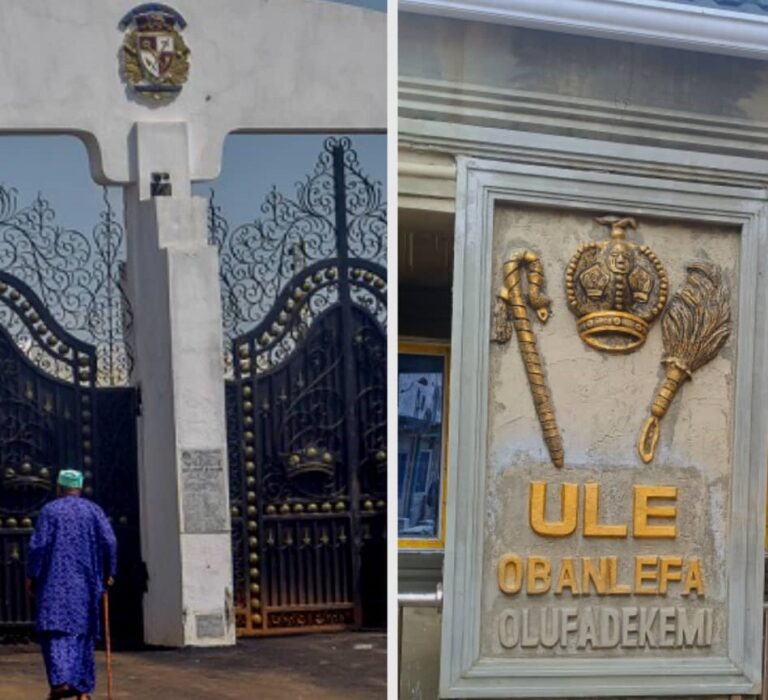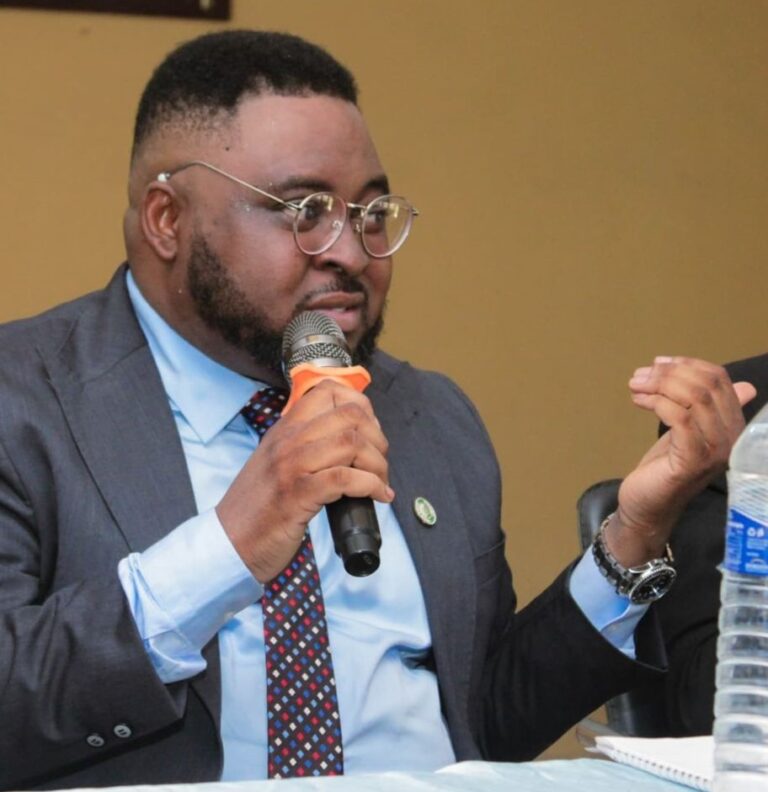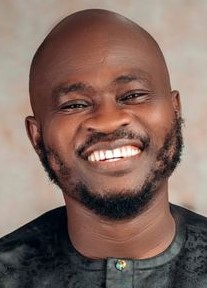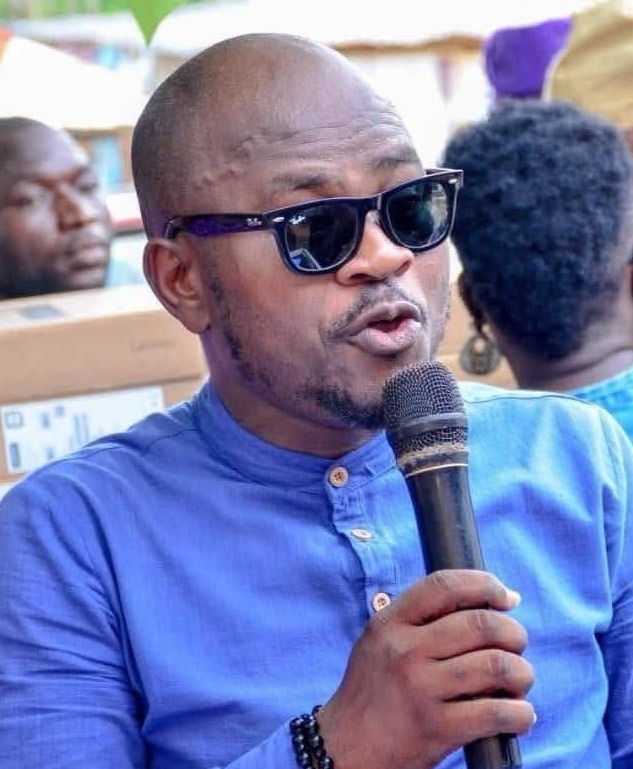
BoldNEWS Africa (Online Monitoring)
08032229630
Goma, Democratic Republic of Congo – February 2, 2025
Rwanda-backed rebels from the M23 group have seized control of Goma, a key city in eastern Congo, exacerbating one of Africa’s longest-running conflicts. Goma, a bustling trade hub and home to over 2 million people, lies in a region rich with untapped mineral resources, making it strategically significant both economically and politically.
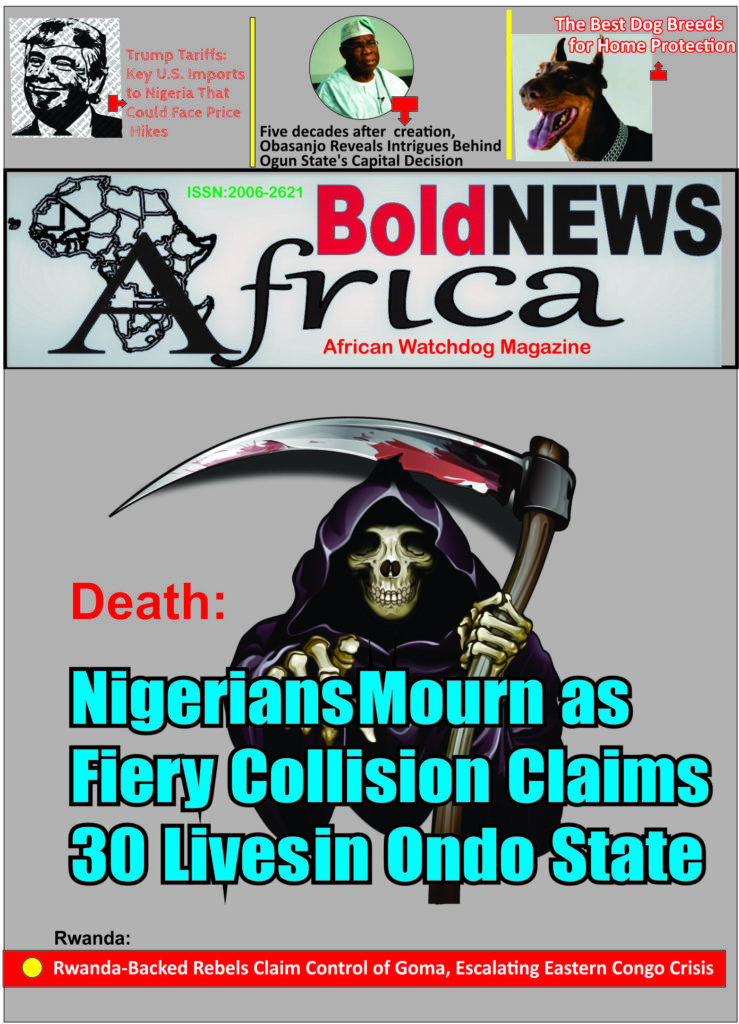
The capture of Goma marks a significant escalation in the war that has already displaced millions and fueled a worsening humanitarian crisis. The city’s fall has put residents, including over 1 million already displaced by previous violence, at severe risk of even greater suffering.
On Tuesday, United Nations (U.N.) officials reported grim scenes in Goma, with bodies in the streets, widespread looting, and critical infrastructure failures, including power, water, and internet outages. Humanitarian groups have warned that the situation could spiral into a catastrophe, as aid operations struggle to reach those in need amidst the chaos.
The M23 Rebels and What Do They Want, The M23 group, primarily composed of ethnic Tutsis, initially rose to prominence in 2012 with an insurgency against the Congolese government. Although the group was dormant for nearly a decade, it re-emerged in 2022, intensifying its push to control territory in the resource-rich eastern DRC. The group has stated that it aims to protect Tutsi populations in Congo, who they claim face discrimination from the Congolese government, though critics argue that the M23’s actions are a cover for Rwanda’s economic and political interests in eastern Congo.
Eastern Congo has long been a battleground for control over precious minerals, including cobalt, copper, lithium, and gold, which are critical to the global supply chain. The region’s mineral wealth, valued at trillions of dollars, remains largely untapped but is a central point of contention among local, regional, and international actors.
Goma is so Important, not just an economic hub; it is also a strategic location for trade, security, and humanitarian aid operations. The city’s airport serves as a key gateway for the delivery of supplies, while its proximity to Rwanda makes it vital for both local and international actors. For the rebels, controlling Goma represents a major victory, giving them leverage in future negotiations and a stronger foothold in the region.

If the M23 rebels can maintain control of Goma, it will represent a crushing blow to Congolese government forces and their allies, including the United Nations peacekeeping mission and Burundian troops, who have been keeping the rebels at bay since 2021.
Rwanda’s involvement in the conflict has drawn increasing international scrutiny. Despite denying direct support to the M23, the Rwandan government has acknowledged having a military presence in eastern Congo, ostensibly for security reasons. U.N. experts estimate that up to 4,000 Rwandan soldiers are operating in the region. This support has been pivotal in the group’s recent successes, with analysts suggesting that Rwanda’s growing military activity is aimed at ensuring influence over the lucrative mineral resources in eastern Congo.
The international community, including the U.S. and the U.N., has criticized Rwanda’s role in the conflict, accusing the country of exacerbating instability in Congo for political and economic gain.
The humanitarian toll as the situation in Goma is dire, with the violence displacing an additional hundreds of thousands of people. There are already 4 million displaced persons in eastern Congo, and as the fighting intensifies, aid groups are struggling to assist. Medical facilities in the region are overwhelmed, with hospitals at double their capacity and makeshift tents set up in hospital courtyards to treat the wounded.
The closure of Goma’s airport and the blockage of key roads have further hindered efforts to deliver lifesaving aid. Thousands of civilians are trapped in the city, with many fleeing across the border into Rwanda to escape the violence. Since the weekend, more than 1,000 Congolese refugees have sought sanctuary in Rwanda, according to authorities.
This latest outbreak of violence is reminiscent of 2012 when M23 briefly captured Goma before retreating under intense international pressure. However, analysts warn that the situation may be more difficult to resolve this time. M23 has not only resumed its military offensive but seems intent on holding onto Goma and consolidating control over key supply routes in North Kivu.
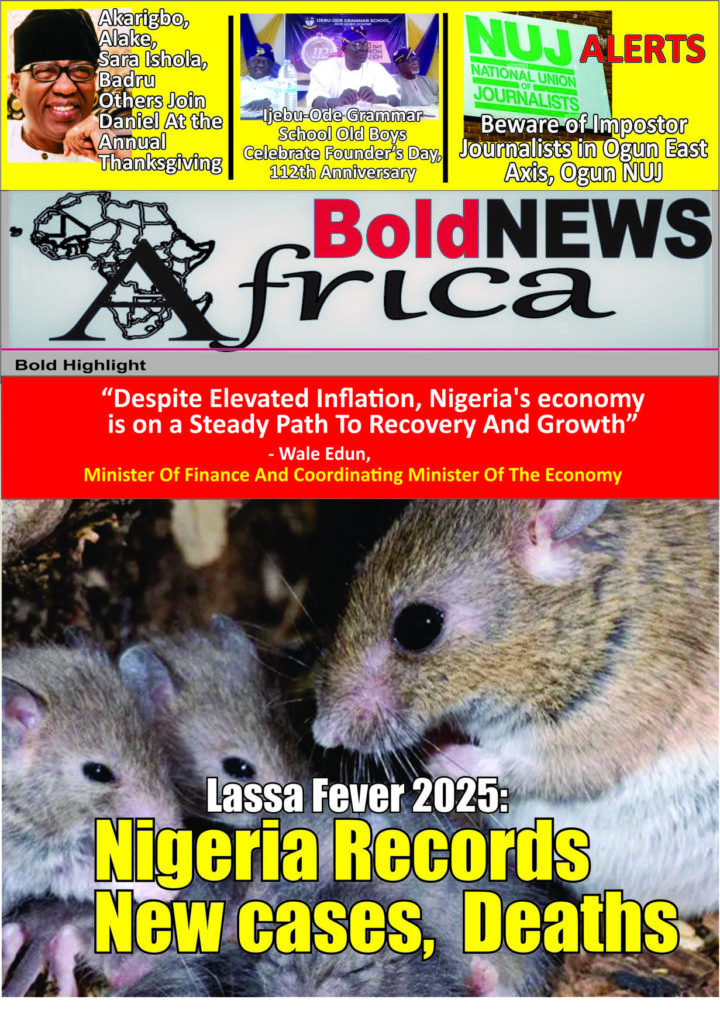
“Previously, the M23 had clear demands to be integrated into the Congolese army and have a greater role in the political process,” said Darren Davids, an analyst with the Economist Intelligence Unit. “Now, with Rwanda’s support, they seem focused on maintaining control of the region’s critical resources.”
The unfolding crisis is a stark reminder of the complexities of the conflict in eastern Congo. With regional powers vying for control over the wealth of minerals beneath its soil, the people of Congo continue to bear the brunt of the violence and instability. As the humanitarian crisis deepens, the international community faces increasing pressure to intervene and address the root causes of the conflict.

